
Does Recovery Mode Delete Everything on iPhone? Here's the Answer!

When your iPhone encounters issues such as not turning on, system freezes, or update failures, Apple often recommends that users put their device into Recovery Mode for repairs. However, many users hesitate before proceeding due to one question: Does Recovery Mode delete everything on the iPhone? This article will provide a detailed answer to this question.
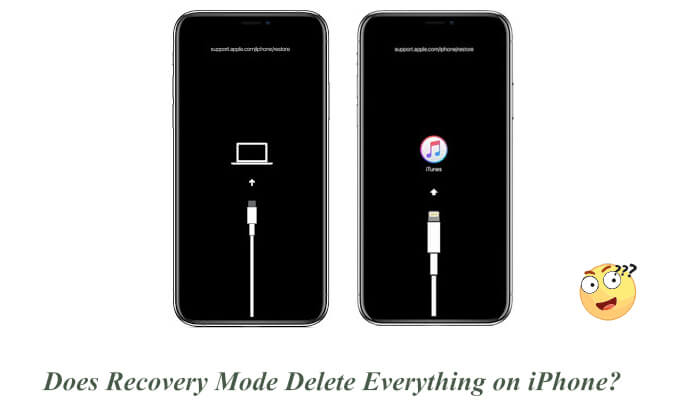
What's Recovery Mode? Does entering Recovery Mode delete everything on iPhone? Recovery Mode is an emergency repair mode set up by Apple for iOS devices. When the system fails to start properly, an update fails, or the device gets unexpectedly locked, Recovery Mode allows you to reinstall the iOS system via iTunes or Finder to resolve the issue.
Does Recovery Mode erase data on iPhone? Many people mistakenly believe that entering Recovery Mode will automatically delete data. In fact, Recovery Mode itself does not erase any data. What actually leads to data deletion is the action you choose afterward. Understanding this is crucial to making the right repair decision.
Situation 1: Using iTunes or Finder to perform a "Restore" operation
If you choose the "Restore" option, the iPhone will be completely erased and restored to factory settings, which is essentially a full system reinstall. This is suitable for situations where the system is severely damaged and data needs to be cleared to fix the issue.
Situation 2: Using iTunes or Finder to perform an "Update" operation:
If you choose the "Update" option in Recovery Mode, iTunes or Finder will attempt to reinstall the iOS system without deleting user data.
Does iPhone Recovery Mode delete everything? If you attempt to restore your iPhone in recovery mode using iTunes, all the data on your device will be erased. Afterward, you'll have the option to set up your iPhone as a new device or restore it from a backup. However, please note that all your data will be lost during the restoration process.
If you still wish to proceed with restoring your iPhone in recovery mode using iTunes, follow the steps below to do so:
Step 1. Connect your iPhone to your computer and open iTunes (for macOS Catalina and later, use Finder).
Step 2. Press the corresponding key combination for your device to enter Recovery Mode:
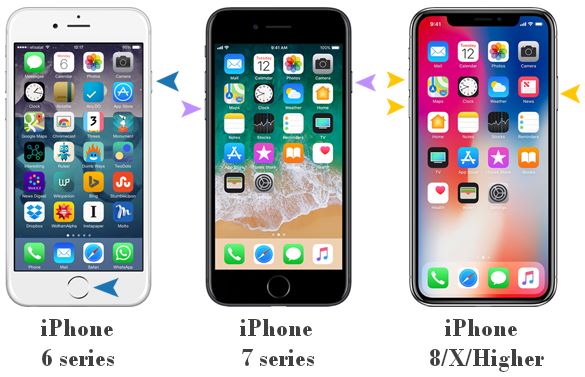
Step 3. iTunes will prompt you to choose either "Update" or "Restore". Selecting "Restore" will erase all data on the device and install the latest iOS system. (iPhone Recovery Mode not working?)
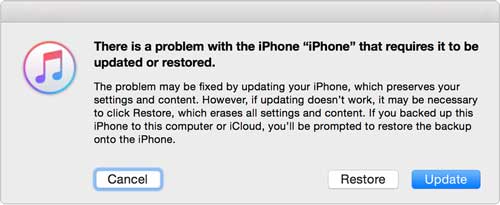
Step 4. Wait for the restoration to complete. You can then choose to set up the device as new or restore data from a backup.
Does putting an iPhone in Recovery Mode erase everything? Now you know the answer clearly. If you want to keep all the data on your iPhone while fixing system issues, it is recommended to use a professional iPhone system repair tool, such as iOS System Recovery. It offers a Standard Mode that can fix various iOS system problems without erasing data.
Key features of iOS System Recovery:
Here is how to fix the iPhone issue without data loss using iOS System Recovery:
01Install and launch the iOS System Recovery on your Windows or Mac computer. Connect your iPhone to your computer using a USB cable, then choose "iOS System Recovery".
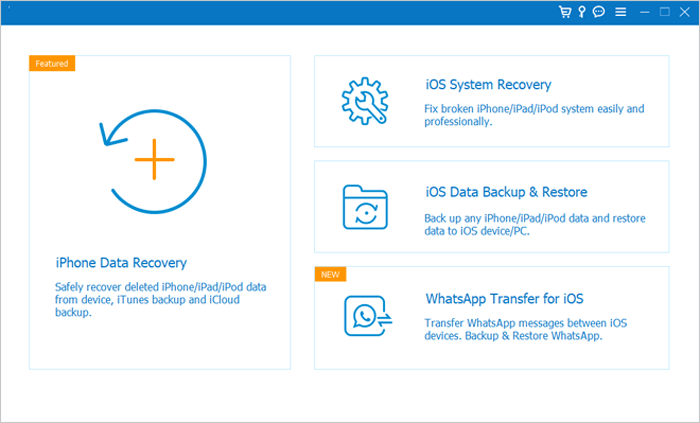
02The program will automatically detect any issues with your iPhone and display them on the screen. Click the "Start" button to continue. Then, choose "Standard Mode" and tap "Confirm".
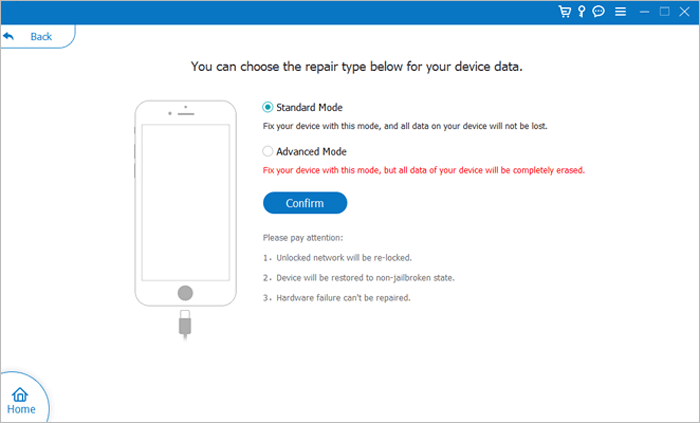
03Select your iPhone model from the options on the screen and click "Repair". The software will begin downloading the necessary firmware. Once the download is complete, your iPhone will be restored to normal.
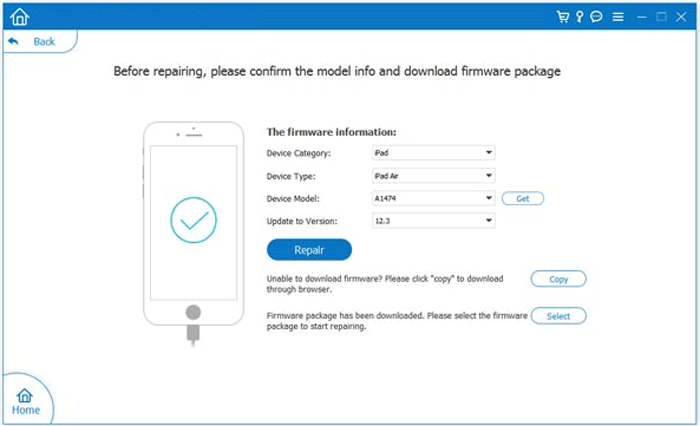
Q1. What happens when iPhone is in Recovery Mode?
When your iPhone is in Recovery Mode, nothing changes until you select either the "Restore" or "Update" option in iTunes on your computer. Once you do, it will either restore or update your iPhone.
Q2. How can I tell if my iPhone is in Recovery Mode?
If your iPhone is in Recovery Mode, you'll see a cable and computer icon on the screen. Additionally, a link to the Apple website will appear at the top of the screen.
Q3. How long does an iPhone stay in Recovery Mode?
The time an iPhone remains in Recovery Mode can vary. Typically, restoring an iPhone using an iTunes backup takes about 15-30 minutes to finish the process.
Q4. What's the difference between iPhone Recovery Mode and DFU Mode?
Recovery Mode is a more common fix for general system issues, while DFU Mode (Device Firmware Update) is a deeper recovery method for serious system damage, but it requires more advanced steps.
Overall, entering Recovery Mode on an iPhone does not erase data by itself, but if you choose to restore it using iTunes, the data will be wiped. Do you lose everything in Recovery Mode? Why not choose iOS System Recovery to fix iOS system issues without data loss?
Related Articles:
Does Restoring iPhone Delete Everything? Find the Answer Here!
[Answered] What Does Restore iPhone Mean & How to Restore iPhone?
Does Reset iPhone Delete Everything? Check the Answer Here!
[2025 Update] How to Restore/Reset iPhone Without iTunes Like a Pro?